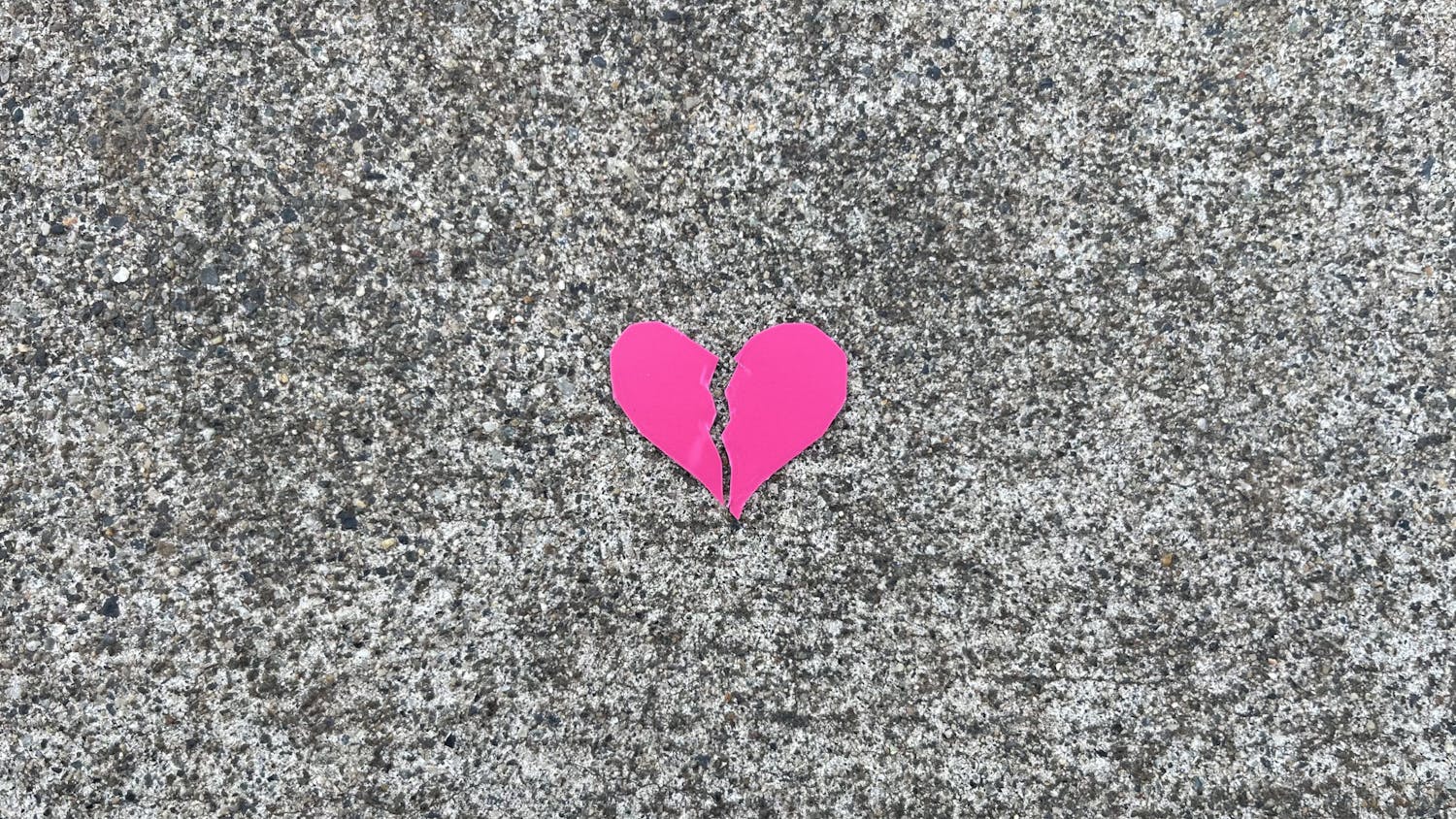
By Sadie Fick
Since the start of the pandemic, most of us have been spending even more time with our computer screens than usual. We now attend class over zoom, work on homework, scroll through PDFs on the history of gothic architecture and do everything else that is part of university life online.
“I get a little fatigued,” fourth-year student Kelli Youngs said. “I get kind of sick of staring at a screen all day.”
One solution is to go old-school: take notes by hand, use hard-copy textbooks or print off readings.
Lauren McClanahan, a professor of secondary education with Western’s Woodring College of Education, uses both physical and digital materials in her classes.
“You can find research to support both sides,” McClanahan said.
The important part is to interact with the text by noting important ideas and making connections, McClanahan said.
There may be little educational difference between reading physically or digitally, but note-taking is different.
Youngs said she remembers material better if she takes the notes by hand, an observation backed up by a 2016 study on note-taking from the University of Caldiz by Estibaliz Ragón-Mendizábal, et al.
The study found college students who type their notes could record more information and had a more accurate short-term recall of details, but students taking notes by hand had a better grasp of deep concepts.
Ragón-Mendizábal, et al. theorized that the inability to write as many words was actually helpful, as students had to organize and process the information more.
“If I just type things, I’m just focusing on getting everything down,” Youngs said. “I don’t really think about what I’m doing, where if I write it out it takes longer, and I have to pay more attention and think about it.”
As of Oct. 9, 260 out of 460 students who responded to a poll on r/WWU on Reddit preferred to take notes by hand. Another 26 respondents prefer to take notes by hand and then digitize them in a variety of ways, adding up to a total of 62% preferring to handwrite their notes rather than type them.
In a second Reddit poll, Western students’ preference for hard-copy class readings and textbooks was similar, with 52% of respondents preferring paper materials.
Despite having a preference for hard-copy reading materials, Youngs said she thinks professors shouldn’t pass out papers in class.
“It’s less convenient to have to go to the library to print those off, but some people do prefer just having everything online so they probably won’t use a physical copy anyways and it’s a waste,” she said.
McClanahan also thinks about sustainability when planning for class.
“I don’t print out things that are multiple pages other than the syllabus,” McClanahan said.
Using paper may be good for variety and learning, but advocating for paper over digital contradicts conventional environmental wisdom.
Lindsey MacDonald, interim director of Western’s Office of Sustainability, said it’s not that simple.
“Unfortunately, there’s not an easy choice that is always better than the other,” MacDonald said.
MacDonald said she thinks paper can be sustainable if it is made from selectively harvested trees instead of clear-cut ones, and if more recycled paper was used.
“[Trees] are renewable compared to rare earth minerals and some of the technology components that are used in smartphones for example,” MacDonald added.
Another concern is the energy used to store digital information. Storing data requires buildings full of servers, which MacDonald called “super energy-intensive.”
According to estimates from 2018, data centers used 205 trillion kilowatt-hours of energy globally and accounted for 1% of the world’s energy use. For comparison, that was 88% of New Zealand’s energy use in 2018.
The end of an item’s life is also important for sustainability.
Paper recycling isn’t perfect, but MacDonald said paper recycling is easier than recycling the tech components, and people are more likely to do it.
According to the Environmental Protection Agency, 35.9% of consumer electronics were recycled in 2017. The same year, 65.9% of paper and paperboard was recycled, making paper nearly twice as likely to be recycled.
Western has an e-waste bin near the Viking Union information desk that will be available after the VU reopens.
Given the relative sustainability of paper and digital learning materials, students wanting more variety in their life should turn to paper without feeling guilty as long as they’re conscious of their use.
The monotony of being on a computer all day is a smaller problem brought on by the COVID-19 pandemic, but it is an issue that students can take steps to address on their own.
Going old-school may not be as convenient as digital materials, but it has some educational advantages, is sustainable and, at the very least, could give us something different to stare at once in a while.





